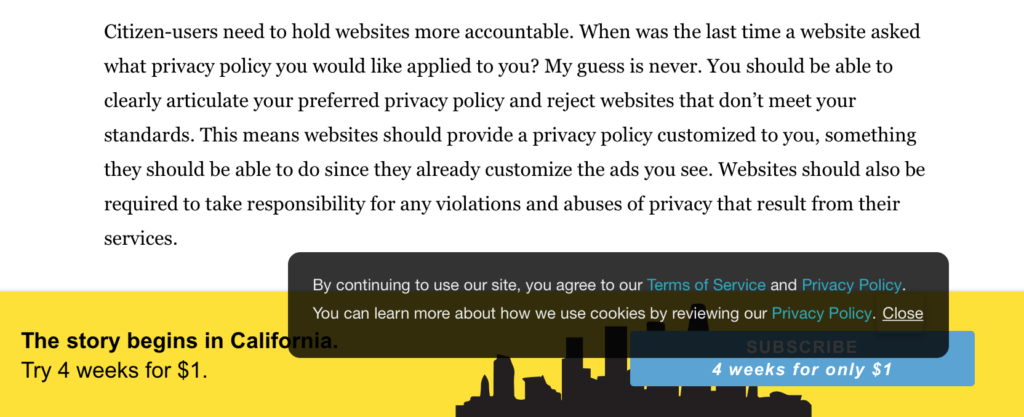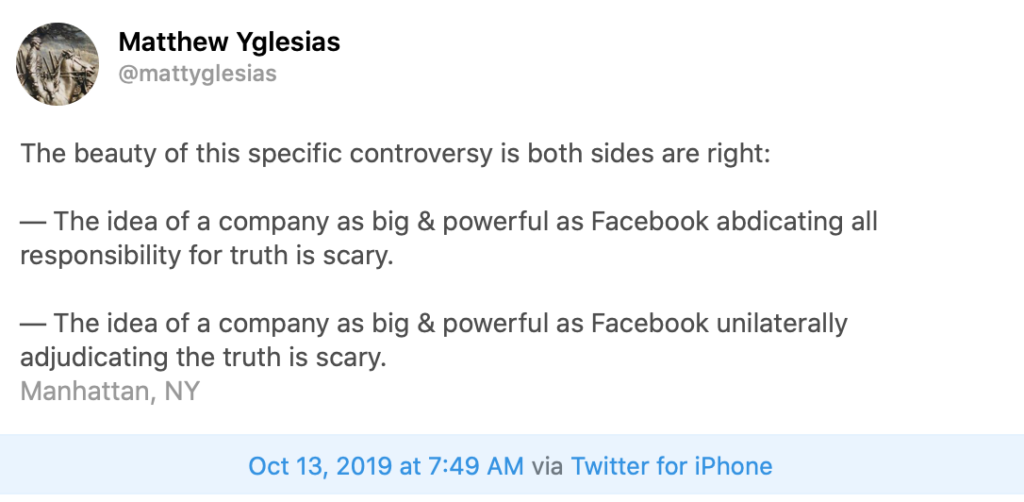Police in Orlando, Florida, obtained a warrant this summer to search DNA site GEDmatch and review data on all of its users—about a million people, The New York Times reports. Privacy advocates are now concerned that police will continue to get broad warrants for DNA sites, including larger peers such as 23andme or Ancestry that have much larger pools of user data.
Source: Search warrant overrides 1M users’ choice not to share DNA with cops | Ars Technica
When are people going to realize that IF a company can collect data, it WILL be sold, and it WILL be accessed by the government. Period. Full stop. No exceptions. I don’t care what the laws say. I don’t care what the companies say. If you give your data — any data — to someone else, it will be monetized and used against you. I don’t say that as anything other than what it is. Everyone must make a value judgement for themselves whether letting someone access their data is worth it. Just understand that once a company gets their hands on it, it will eventually be available to anyone who really wants it.
Addendum: Another story from Ars is really the same story:
The 22 women said they responded to ads for clothed modeling gigs. When they were asked to shoot porn instead, they initially resisted. But they went along with it after the company assured them that their videos would only be sold on DVD to customers outside the United States and would not be posted online. That turned out to be a lie, as their videos wound up on GirlsDoPorn, a website with plenty of American viewers.
Source: Feds hit GirlsDoPorn owners with criminal sex trafficking charges | Ars Technica





